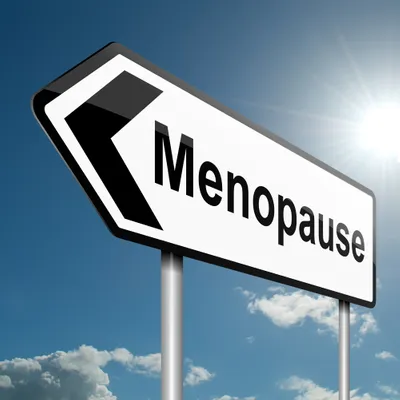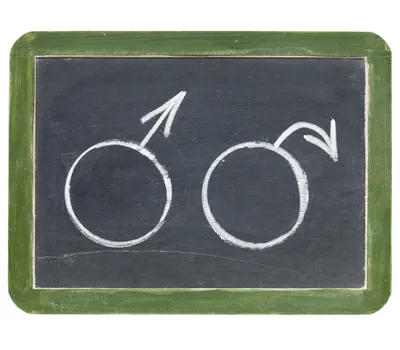1. What is a Mid-Life Crisis?
When you hear the term “mid life crisis” what comes to mind? A ridiculously expensive sport’s car, a spontaneous career change, maybe a sudden divorce, or a shocking extramarital affair?
2. Why is This Period Referred to as a Crisis?
Regardless of what this period encompasses for you personally, I think we can all agree that this term is typically used to describe a period of taking stock of one’s life, and in doing so it may bring up feelings of failure, self-doubt, emotional or identity crises, or even the negative realization you’ve lived half of your life.
3. What Causes Mid-Life Crisis to Occur?
While a mid-life crisis may be encouraged by the onset of Andropause (for men) or Menopoause (for women), it is not a medical condition or health issue. Sure, this period of self-doubt typically strikes realization in the middle age of life (around the age of 40-years or slightly older). It’s often characterized by sudden, dramatic lifestyle changes made on behalf of the individual, which are often due to dissatisfaction with their current lifestyle, or due to an overwhelming sense of lost opportunities or diminished options they believe are limited due to aging.
4. Are There Associated Health Reasons?
Although the transition into Andropause or Menopause doesn’t outright spur everyone to have a mid-life crisis—in fact, many individuals (both male and female) embrace this transition into mid-life very positively—mental health experts claim that it can be accompanied by serious depression, typically caused by a traumatic event good or bad, such as the last child leaving the family home to go to college or the death of a parent or close friend.
5. Mid-Life Crisis for Men…
Male’s in middle age are often pegged with stereotypes of juvenile behavior—such as buying an expensive sports car, a boat, or having an affair with a much younger woman. This is because men often take stock of their self-worth in mid life and curb to a desire to prove something, appear successful, or feel desired by the opposite sex.
6. Mid-Life Crisis for Women…
Alternately, many women in mid-life crisis often focus on missed opportunities. There’s a tendency to wonder “what if”—for instance, what would life be like if they hadn’t gotten married so young, stayed home to care for the children, traveled more, or went to college. Women tend to put the onus on their personal relationships and question their self-identity as wives and mothers.
7. Mid-Life Crisis as Transition
This is why most medical experts view this period of mid-life transition as a natural and evolution as you enter a mid-stage of life. In this sense, mid-life is very similar to the transition that marks the stage from puberty to adolescence. As with any transition a positive outlook that views mid-life as a opportunity for personal growth and improvement (rather that focus on lost possibility) is important.
8. Viewing Mid-Life as an Opportunity
When you think about it, mid-life is actually an opportunity, not a setback. Embrace this stage as the period to throw cares to the wind and to be bold. However, you can do this by doing one gutsy thing (i.e., travel or take a continuing education course) instead of dismantling your entire life out of anxiety, fear, and depression. If the kids have left home, take this as your time to get out more, be more socially, take up a new physically activity, or hobby—both as an individual and with your partner.











